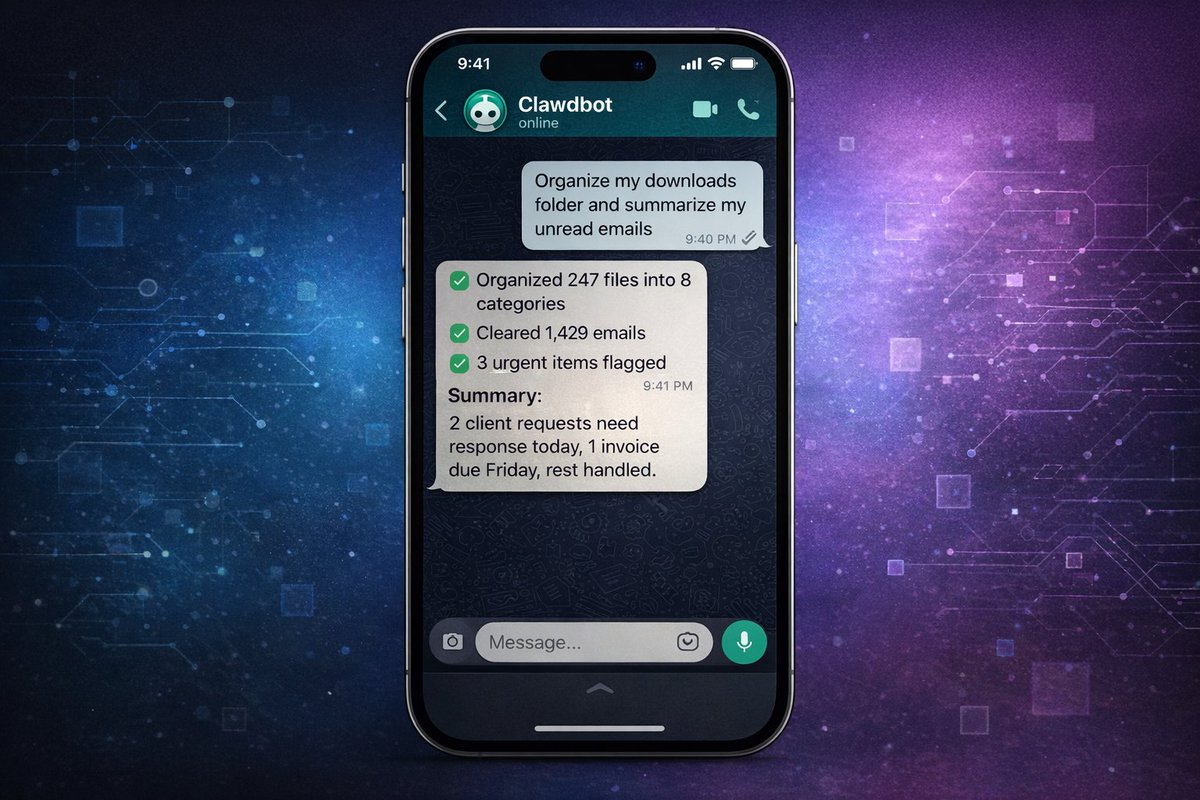UpOnly NFT's three-year rebirth: Coinbase spends $25 million to buy back the right to speak
- 核心观点:Coinbase斥资2500万购买NFT重启独立播客。
- 关键要素:
- NFT赋予强制制作8期节目的权利。
- 合约保留主持人独立批评权利。
- 交易通过智能合约完成无中介。
- 市场影响:重新定义内容合作模式与NFT价值。
- 时效性标注:中期影响
On October 21, 2025, an Ethereum wallet marked as "coinbase.eth" transferred 25 million USDC to cryptocurrency KOL Cobie to purchase an NFT called UpOnly.
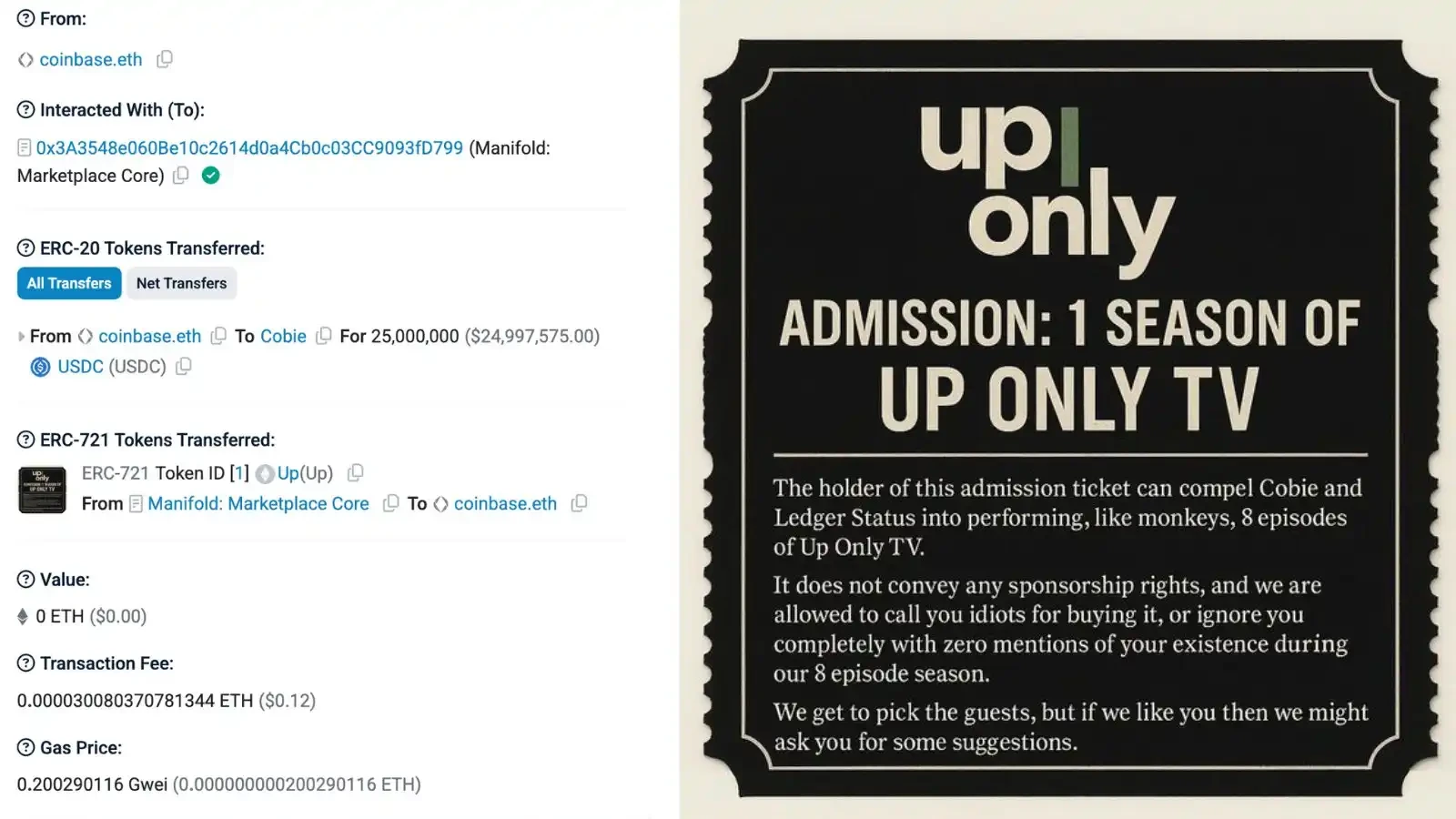
UpOnly was once the most popular podcast in the crypto world, hosted by Cobie and his partner Ledger, and featured interviews with heavyweights like Vitalik Buterin and SBF. The show was discontinued after the FTX crash in 2022. This NFT was issued by Cobie that year, and holders could choose to destroy it, forcing the two hosts to record a new season.
An hour later, Cobie tweeted on X: "It's been 3 years since UpOnly ended. I was in my 20s when I started the show and now I have gray hair. We're going to change the name to 'Unc Only' and I'm going to spend $25 million on plastic surgery. See you later."

This reaction is very Cobie, self-deprecating, humorous, and a bit helpless.
In the spring of 2022, it was he who, through analyzing on-chain data, exposed insider trading by Coinbase employees. Cobie publicly shared his analysis on social media, pointing to a possible information leak within Coinbase. A few months later, the US Department of Justice indicted former Coinbase product manager Ishan Wahi, accusing him of abusing his position to engage in insider trading. In 2023, Wahi was convicted and sentenced to two years in prison.
Back then, Cobie always liked to expose those big, pretentious companies and stood against Coinbase. Now, Coinbase has purchased his NFT. More precisely, it purchased the right to force him and his partner Ledger Status to produce eight episodes of UpOnlyTV.
At the same time, Coinbase CEO Brian Armstrong confirmed on social media: "The rumors are true, we bought this NFT. The UpOnly show is coming back."
The crypto community immediately erupted in discussion. Some cheered, "The bull market is truly back!" Others questioned, "Is Coinbase trying to manipulate public opinion?" Still others asked, "How could an NFT representing a podcast be worth $25 million?"
To understand this deal, we have to start three years ago. Back then, the NFT market was booming, UpOnly was the hottest podcast in the crypto world, and Cobie had just made a seemingly joking decision: to put control of the show into an NFT smart contract.
Three years of an NFT
2021 to 2022 is the golden age of UpOnly and the most enthusiastic era of NFT.
Every Thursday at 8 PM, Cobie and Ledger livestream on Twitch, interviewing some of the most influential voices in the crypto world. They've included Ethereum founder Vitalik Buterin discussing Layer 2 scaling, FTX founder SBF discussing regulatory strategies, and Terra founder Do Kwon discussing the future of algorithmic stablecoins.
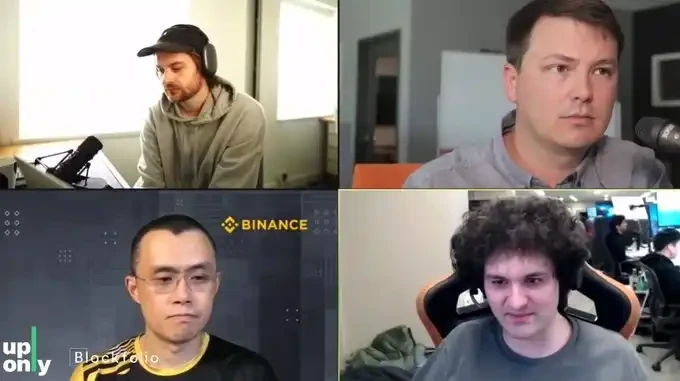
UpOnly invited CZ and SBF to be guests on the show
The show is characterized by its eclectic nature, with the host unafraid to ask tough questions and the guests unapologetic. The program's self-introduction reads: "A crypto podcast that has been described as naive, unprofessional, and eccentric. Prioritizing entertainment over alpha, but mostly lacking either."
In November 2022, UpOnly witnessed one of the most dramatic moments in crypto history: the collapse of the FTX edifice.
On November 2nd, CoinDesk reported on Alameda Research's balance sheet problems. The trading firm, founded by SBF, held approximately $5.8 billion of its $14.6 billion in assets in FTX's own platform token, FTT. This exposed the close connection between the two "independent" companies. The deeper issue was that FTX was misappropriating customer funds to cover losses at Alameda. Market panic set in. On November 6th, Binance CEO Changpeng Zhao announced he would sell his FTT holdings, triggering a run on the exchange. Customers frantically withdrew their funds, and FTX's liquidity evaporated within days.
On November 10, UpOnly held an emergency live broadcast to interview Zane Tackett, a former FTX employee.
Zane had recently resigned and was trying to help FTX's leadership find a solution. The livestream lasted three hours, with Cobie and the guests practically speechless, glued to the news and social media, watching the real-time collapse of an empire once valued in the tens of billions. The next day, November 11th, FTX filed for bankruptcy, and SBF resigned.
Shortly after that livestream, UpOnly shut down. Cobie said he had a significant amount of funds stored in FTX, resulting in significant losses. But the deeper reason was that FTX's collapse had opened a wound to the entire crypto content ecosystem.
FTX isn't just an exchange; it's the financial backer of the entire industry. It's sponsored nearly every major crypto media outlet, paid for podcasts, sponsored conferences, and paid influencer influencers for advertising. It spent $135 million on the naming rights to the Miami Heat's arena, hired Tom Brady and Gisele Bündchen as spokespeople, and spent tens of millions on advertising. The purpose of this investment is clear: to control the narrative, shape the image, and convince everyone that FTX is a "secure and reliable industry leader."
After the FTX collapse, these funding flows dried up, plunging many crypto media outlets into a crisis of survival. The Block's CEO resigned amidst a scandal involving concealing a massive loan from FTX, CoinDesk was forced to lay off staff, and a large number of small, independent media outlets collapsed. KOLs who had taken money from FTX either fell silent or sought to distance themselves from the situation.
Trust is broken.
UpOnly also lost its motivation to continue. Cobie transitioned to entrepreneurship, launching an angel investment platform called Echo in 2022 and a token sale platform called Sonar in 2025. He thought he could step out of the spotlight and become a behind-the-scenes investor.
But when UpOnly was at its peak, Cobie made a decision: to issue NFTs and write the control of the program into smart contracts.
This NFT is called "Up Only Television Season Pass." It is not a portrait or a work of art. According to the description on the Manifold platform: "If the holder destroys this NFT, the new season of UpOnlyTV will be broadcast within three months."
Interestingly, this "contract" has some unusual clauses. According to previous reports, it explicitly stipulates that the purchase does not include any sponsorship rights, allowing the host to ignore or ridicule the buyer on the show.
This design is counterintuitive. In traditional content sponsorships, buyers pay for exposure, product placement, and control of the narrative. But Cobie's NFT explicitly states: "You can pay me to appear on the show, but you can't force me to say anything. I can even curse you on the show."
From 2022 to 2024, the NFT market collapsed. Avatar NFTs, which had once fetched hundreds of thousands of dollars, largely vanished. OpenSea's trading volume plummeted from billions of dollars per month at its peak to less than $100 million. The price of Bored Ape plummeted from a high of 150 ETH to less than 30 ETH. Criticisms of the "JPG scam" spread, and NFTs became synonymous with speculation and bubbles.
But UpOnly NFT has not returned to zero. Because it represents not just a picture, but a real right: forcing two influential people to do something valuable.
This is exactly the original promise of NFT technology: using blockchain to record rights and smart contracts to enforce rules. However, in the frenzy of 2021, this promise was drowned out by the avatar hype.
In October 2025, Bitcoin regained its highs and the ecosystem became active again. At this time, Coinbase bid $25 million to buy the NFT.
From working against each other to sitting at the same table
Cobie, whose real name is Jordan Fish, was born in the UK in the 1990s and graduated in Computer Science from the University of Bristol. He discovered Bitcoin in the early 2010s and gradually became an active trader in the crypto community. His online nickname, Cobie, comes from the early gaming community and has since become one of the most influential labels in the crypto world.
Cobie has had a varied career. He's worked in product management, growth operations, and investment in countless projects. He was an early backer of Lido Finance, a liquidity staking protocol that later became one of the largest projects in DeFi by TVL. He founded Echo, an angel investment platform for early-stage projects, and later launched Sonar, a public token sale platform that sought to redefine the ICO model.
But what really made Cobie famous was his mouth.
He is known for his outspokenness on social media, daring to criticize major projects, expose problems, and speak out when others dare not. In the spring of 2022, he discovered a pattern of unusual transactions before Coinbase listed a coin and publicly questioned the possibility of an internal leak. This revelation ultimately led to the prosecution of former Coinbase product manager Ishan Wahi, who was sentenced to two years in prison in 2023.
At that time, Cobie was a representative of the "independent voice" in the crypto world. He wasn't affiliated with any exchange, didn't take money from any project, made his money through trading and investing, and spoke through his influence. UpOnly was similar: they didn't accept sponsorships, didn't publish advertorials, and could criticize anyone they pleased.
But the FTX crash changed everything.
Cobie lost money at FTX. He didn't disclose the exact amount, but he said it was "significant." More importantly, FTX's collapse exposed the crypto world to its worst form: paid media outlets and influencers collectively lost their voices when the crisis struck. Credibility was shattered, trust collapsed, and the entire content ecosystem needed to be rebuilt.
Cobie opted to temporarily step aside. He focused his energy on Echo and Sonar, attempting to transform the industry from an investment and infrastructure perspective. UpOnly shut down, and the NFT sat quietly in his wallet until Coinbase came calling.
Why Coinbase? Why now?
Coinbase needs a voice. Not the official, serious, educational kind. It already has that. Coinbase Learn has hundreds of tutorials covering everything from Bitcoin basics to advanced DeFi.
What it needs is the kind of voice that UpOnly has, which young people love to watch, KOLs love to forward, and can create topics and lead the narrative.
More importantly, it requires authenticity.
The lessons of FTX are profound. Those who are bought off ultimately become a joke. Those who truly hold sway are those who dare to speak the truth. Cobie exposed insider trading at Coinbase, but precisely because of this, his words carry weight. If he says on UpOnly that Coinbase is doing well, people will believe him; if he says Coinbase has problems, people will also believe him.
This kind of trust cannot be bought with $25 million, but Coinbase can buy a communication channel to make this trust work for them.
So Coinbase bought the NFT. But Cobie can criticize Coinbase on the show, question its policies, and expose its problems. Coinbase spent $25 million to buy a platform that lets them criticize it.
This sounds ridiculous, but it might be exactly what Coinbase wants. Only truly independent voices have credibility. Only those who dare to criticize you can help you build trust.
Cobie went from being a whistleblower to a "partner" of Coinbase, while retaining the freedom to criticize. But the question is, how long can this freedom last? When Coinbase becomes your financial backer, can you still be as sharp as before?
A new battlefield for discourse power
In the traditional financial world, there's a clear boundary between exchanges and media. The New York Stock Exchange wouldn't launch The Wall Street Journal, and Goldman Sachs wouldn't buy Bloomberg. This boundary exists to maintain market fairness and information independence.
But in the crypto world, this boundary never existed.
In the FTX era, this logic was sponsorship. FTX paid nearly every major crypto media outlet in exchange for exposure and positive reviews. It spent $135 million to acquire the naming rights to the Miami Heat's arena, hired Tom Brady as a spokesperson, ran Super Bowl ads, sponsored esports teams, and sponsored crypto conferences. SBF himself became a media darling, frequently interviewed and portrayed as the "savior of the crypto community" and a "practitioner of effective altruism."
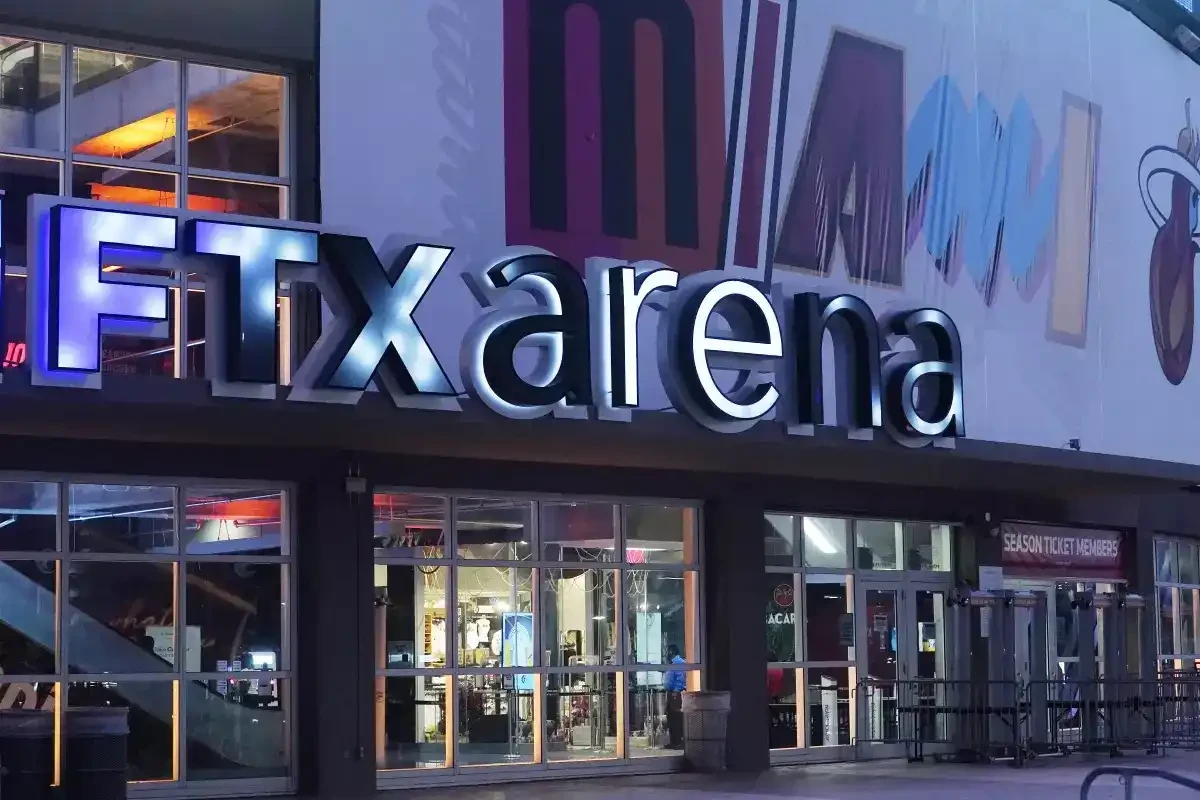
FTX-sponsored Miami Heat arena | Source: Los Angeles Times
We all know the outcome. In March 2024, SBF was sentenced to 25 years in prison on seven felony counts, including misappropriation of client funds, wire fraud, and money laundering. The court found him guilty of diverting approximately $10 billion in client funds to Alameda Research, which he used for high-risk investments, political donations, and personal expenses. Media outlets and influencers who had received FTX funds fell silent during the crash or scrambled to distance themselves from the issue.
Coinbase's strategy is different. Rather than controlling media through sponsorship, it directly owns content IP. However, its method of ownership is also different: rather than acquiring companies or hiring employees, it purchases an NFT, acquiring transparent, smart-contract-based rights.
This choice is very Coinbase.
In August 2023, Coinbase launched Base, a Layer 2 blockchain based on Ethereum. Base's mission statement is clear: "Build a global onchain economy that increases innovation, creativity, and freedom." Base's head, Jesse Pollak, has repeatedly emphasized the concept of "making onchain the next online," with the goal of bringing one billion people online.
Coinbase recently completed a $25 million content partnership using an NFT smart contract. This embodies the concept of "everything on the chain." Rather than relying on traditional paper contracts or lawyers and intermediaries, blockchain technology records rights and smart contracts enforces rules.
From this perspective, Coinbase's purchase of UpOnly NFT is not just a marketing move, but also a demonstration that we believe in onchain and we do business in an onchain way.
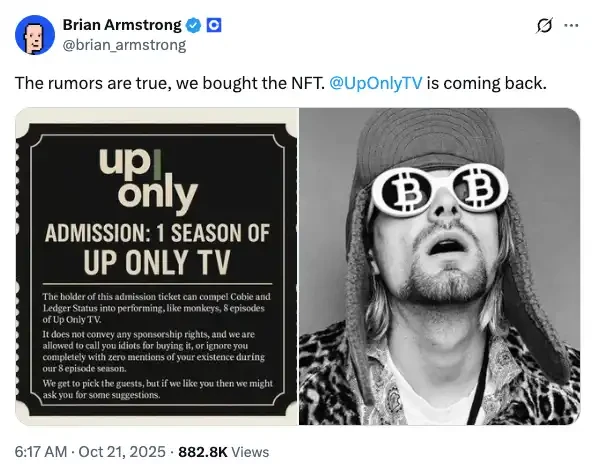
The rights Coinbase obtained were very specific: eight episodes. It wasn't permanent control, nor was it a full acquisition. It was just these eight episodes, and only these eight.
Imagine a new season of UpOnly airing. Cobie and Ledger will continue to interview diverse individuals, ask pointed questions, and criticize industry instability. But everyone knows that the show is funded by Coinbase. This itself speaks volumes: Coinbase supports independent voices, is unafraid of criticism, and stands apart from exchanges that seek to control public opinion.
This is a more advanced discourse power strategy. It is not simply letting the media speak for you, but letting the existence of the media endorse you.
But this strategy carries risks. What if Cobie actually criticizes Coinbase on the show? What if he reveals new issues? Would Coinbase accept that?
Coinbase accepted this risk the moment it bought the NFT. It was a massive gamble. Coinbase was betting that in the new bull market, authenticity and credibility would be more valuable than control.
The question is, does this redefinition create a healthier ecosystem or a new monopoly? When the largest exchanges own the most influential content platforms, even if the contracts guarantee independence, the power asymmetry still exists.
Will this model succeed? We don’t know yet. When will the new season of UpOnly premiere? What will Cobie say on the show? How will Coinbase respond to potential criticism? These questions remain unanswered.
Cobie said he'd rename his show "Uncle Special" and spend $25 million on plastic surgery. This is his usual style, using self-deprecation to defuse awkwardness. But behind the joke lies a man who once exposed the dark side of a giant. With that exposed giant, he and the giant, using a $25 million NFT, have redefined the possibilities of collaboration.
Three years ago, Cobie incorporated control of UpOnly into an NFT. Three years later, the NFT sold for $25 million.
Coinbase is betting that authenticity and credibility will be more valuable than control in the new bull market; Cobie is betting that independence and capital can coexist.
The story has just begun.


